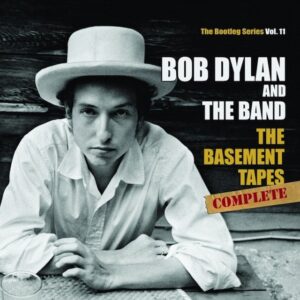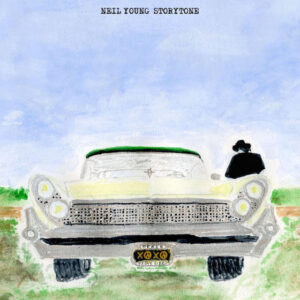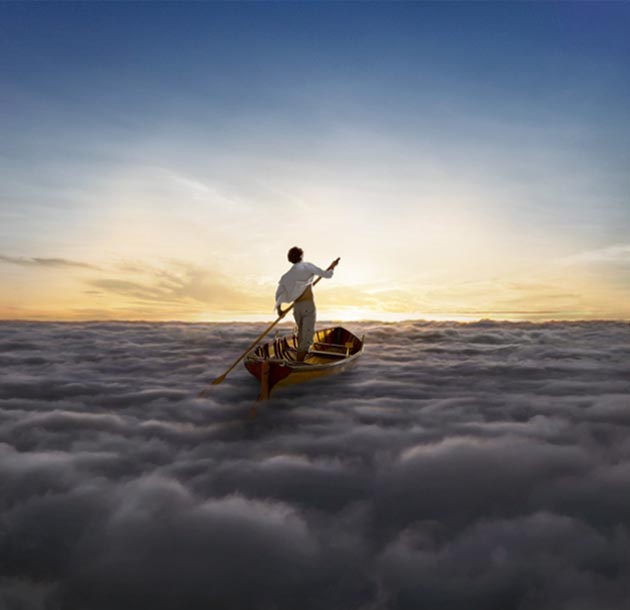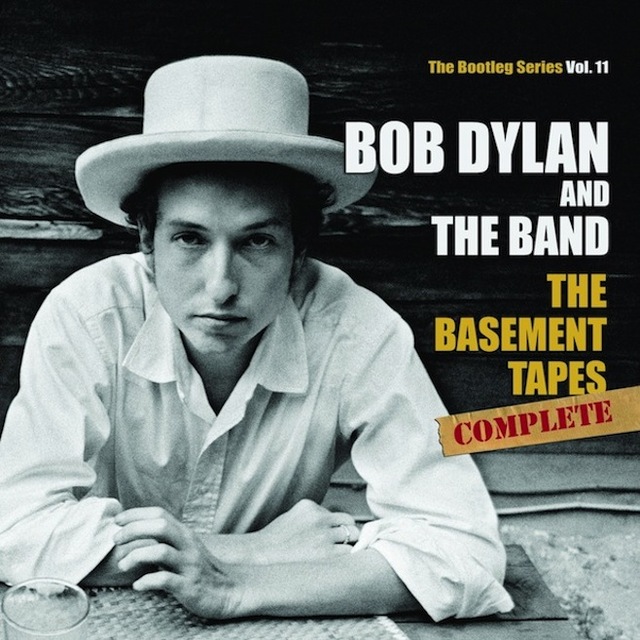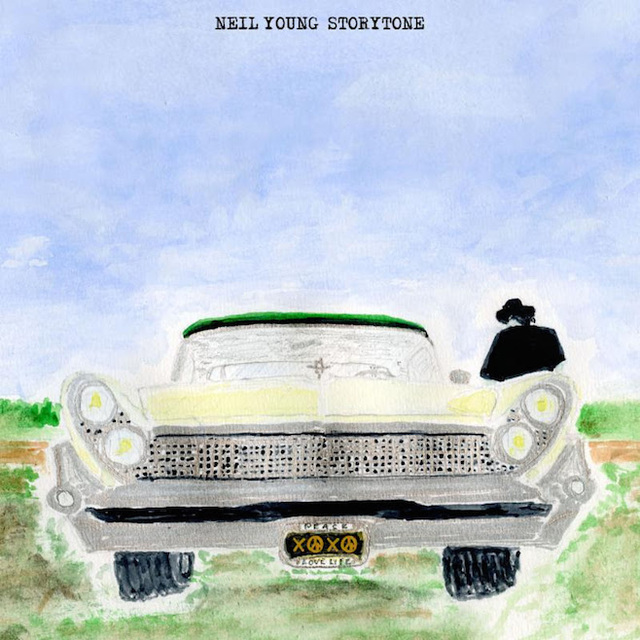The Endless River, Pink Floyd’s final release before a projected trans-dimensional reunion in 2037, isn’t really new. Taken from sessions Gilmour, Wright and Mason recorded alongside The Division Bell over two decades ago, the whole lot’s been spruced up for posterity but still reeks of something vaguely fusion-like; the 1982 Pat Metheny Group album Offramp comes to mind. This Pink Floyd has little to do with the groovy, late ’60s Brit-psych scene or heavy sounds of the early ’70s. Folks tend to blame that on the absence of Roger Waters or Syd Barrett. The Barrett argument works; his contribution was incomparable. But I don’t buy the Waters thing. Starting with Animals, his creepy, misanthropic juju was part of the band’s decline and evolved nastily on The Wall. The Final Cut is a damned mess. Waters’ absence on this recording is the best thing about The Endless River.
Bob Dylan The Basement Tapes Complete: The Bootleg Series Vol. 11 (Columbia)
Completists everywhere will rejoice when their copy of Dylan’s six-CD box set The Basement Tapes Complete: The Bootleg Series Vol. 11 arrives via FedEx truck or Amazon drone. And it’s worth noting the quality of music contained within this relatively huge musical document: It’s totally fucking excellent. The Band backs him on a series of recordings that were created quietly and methodically following the dude’s near-tragic motorcycle crash. Dylan and company move from genre to genre with an uncommon grace that is both buoyant and brutal. Dylan and the Hawks (The Band) strike a collaborative posture throughout, rummaging treasure from sources as diverse as Top 40 ear candy (see “I’m Your Teenage Prayer”) and the ruminations of Johnny Cash on “Big River.” This is top-of-the-game stuff, kids, and it’s more than suitable for all ages, from boomer through millennial.
Neil Young Storytone (Reprise / Warner Bros.)
In the land of rocanrol, recording an album with a symphony orchestra backing you was once considered a de rigueur step toward popular deification. Bands that undertook the heady process entered into a high-stakes gambling proposition. The result could be brilliant (Metallica, S&M, 1999) or ponderous (KISS, Symphony: Alive IV, 2003). In the hands of grungy, multi-instrumentalist and visionary progenitor-of-all-that-is-sacred-in-rock aka Neil Young, the engagement becomes more than mere affectation. Known for his occasional but daring expeditions to odd and untypical genres (see: Trans, 1982), Young embraces his latest effort Storytone with trademark honesty and a groovy glumness that lends a plaintive coherence to the work. Including political action anthems such as “Who’s Gonna Stand Up” and plaintive recollections of human love on “When I Watch You Sleeping,” Storytone takes a complex stylistic choice and simplifies it—not through reduction but rather by its earnestness.
